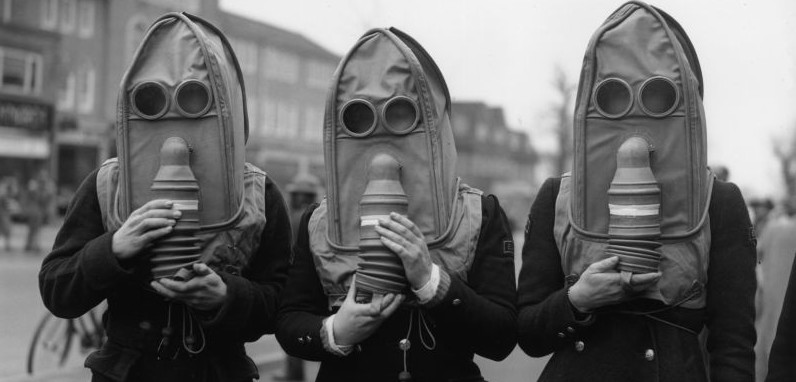In a Guardian article, Andrew Anthony writes that Yuval Noah Harari is a “historian of the distant past and the near future,” an apt description. The Israeli may be the least likely public figure to come to prominence this decade, a deeply cerebral academic in an age when intellectualism and higher education are often perplexingly scorned.
Of course, in their own moments Carl Sagan and Stephen Jay Gould were also unlikely celebrities. The common bond they all shared: an ability to relate vivid narratives, which is an especially appropriate skill as it refers to Harari, who believes a penchant for storytelling and processing abstract thoughts is what made our species predominant among humans and all other creatures.
Anthony collected questions from notable public figures and readers to pose to Harari. A few of the exchanges follow.
Helen Czerski, physicist
We are living through a fantastically rapid globalisation. Will there be one global culture in the future or will we maintain some sort of deliberate artificial tribal groupings?
Yuval Noah Harari:
I’m not sure if it will be deliberate but I do think we’ll probably have just one system, and in this sense we’ll have just one civilisation. In a way this is already the case. All over the world the political system of the state is roughly identical. All over the world capitalism is the dominant economic system, and all over the world the scientific method or worldview is the basic worldview through which people understand nature, disease, biology, physics and so forth. There are no longer any fundamental civilisational differences.
· · ·
Lucy Prebble, playwright
What is the biggest misconception humanity has about itself?
Yuval Noah Harari:
Maybe it is that by gaining more power over the world, over the environment, we will be able to make ourselves happier and more satisfied with life. Looking again from a perspective of thousands of years, we have gained enormous power over the world and it doesn’t seem to make people significantly more satisfied than in the stone age.
· · ·
TheWatchingPlace, posted online:
Is there a real possibility that environmental degradation will halt technological progress?
Yuval Noah Harari:
I think it will be just the opposite – that, as the ecological crisis intensifies, the pressure for technological development will increase, not decrease. I think that the ecological crisis in the 21st century will be analogous to the two world wars in the 20th century in serving to accelerate technological progress.
As long as things are OK, people would be very careful in developing or experimenting in genetic engineering on humans or giving artificial intelligence control of weapon systems. But if you have a serious crisis, caused for example by ecological degradation, then people will be tempted to try all kinds of high-risk, high-gain technologies in the hope of solving the problem, and you’ll have something like the Manhattan Project in the second world war.
· · ·
Andrew Anthony:
You live in a part of the world that has been shaped by religious fictions. Which do you think will happen first – that Homo sapiens leave behind religious fiction or the Israel-Palestine conflict will be resolved?
Yuvan Noah Harari:
As things look at present, it seems that Homo sapiens will disappear before the Israeli political conflict will be resolved. I think that Homo sapiens as we know them will probably disappear within a century or so, not destroyed by killer robots or things like that, but changed and upgraded with biotechnology and artificial intelligence into something else, into something different. The timescale for that kind of change is maybe a century. And it’s quite likely that the Palestinian-Israeli conflict will not be resolved by that time. But it will definitely be influenced by it.•

